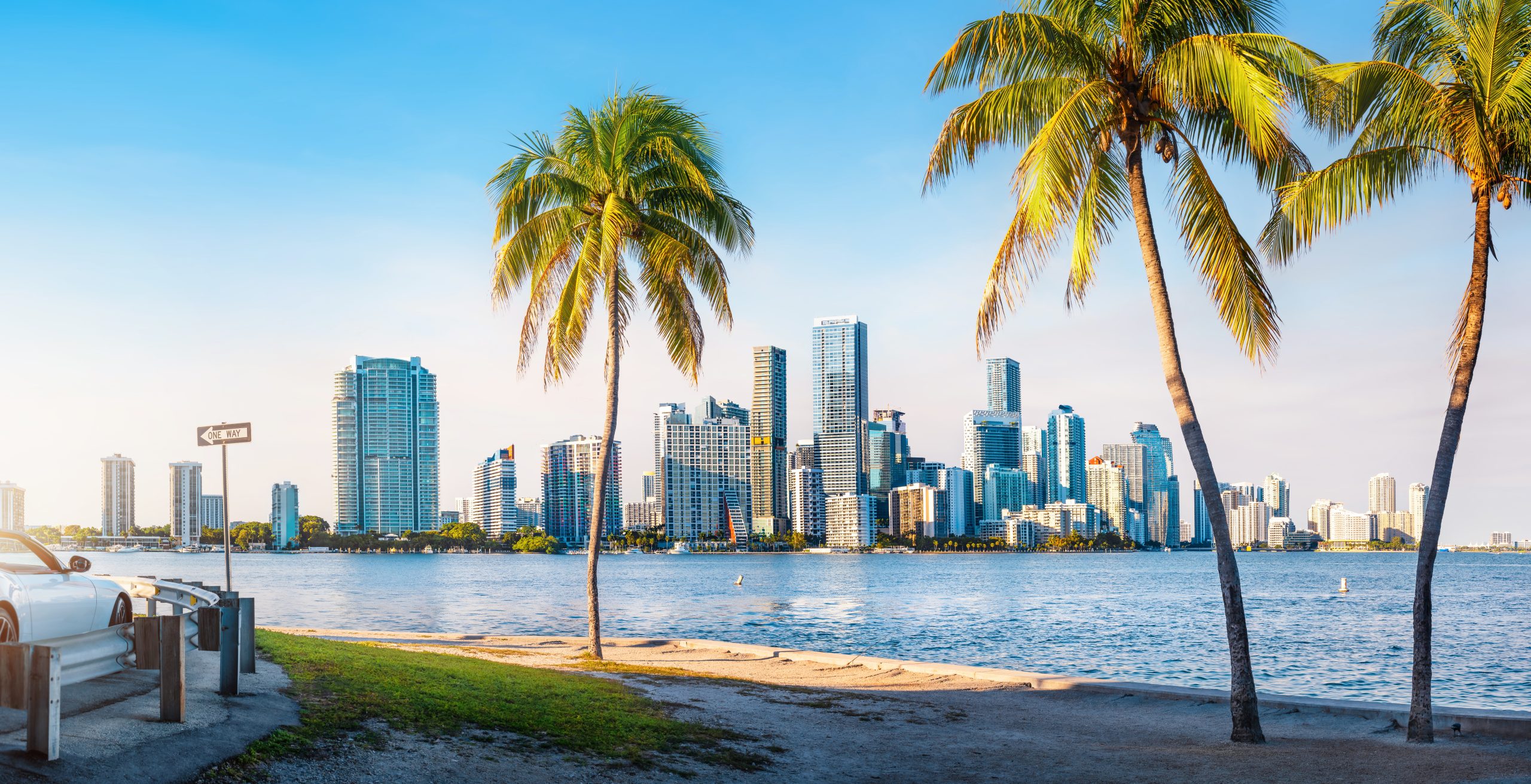Retailer promos fall to lowest level in 10 years
Supermarket promotions on wine and groceries have fallen to their lowest level in more than 10 years, slashing £3.7 billion of discounts, a new study from the IRI has found.
Around 25% fewer promotions were offered by UK retailers across 300 different categories since November 2012, the study said, with promo deals falling at their fastest rate this year (to 27 May 2017), down 6.4 percentage points.
Tim Eales, the strategic insight director for IRI, who wrote the study, said retailers were moving away from the short-term benefits of multi-buys and price cuts that got customers through the door, and replacing them with fewer promotions, “driven by a need for more promotional efficiency and effectiveness.”
The study found that not only had the depth of deals changed – promotional discounts were as much as 40% higher in price compared to 2016 – but that as the amount of deals fell, their effectiveness seemed to have risen.
However, there was also a fall in volume in categories where multi-buys had been reduced.
The change in supermarket deals had come in response to a number of factors, Eales argued, notably the simpler pricing strategies of the discounters, who were stealing market share, cost pressures and pressure for greater transparency from the then Office of Fair Trading (OFT), now the Competitions and Markets Authority (CMA), who issued new guidelines to boost transparency in 2012.
Partner Content
“We’ve also seen market share gains from discounters with their simplified approach to pricing, along with changing shopper habits and, more recently, increased cost pressures, such as the impact of sterling devaluation on manufacturer and retailer margins,” Eales said.
“By increasing promotional prices, retailers have been able to keep base prices as low as possible,” he argued.
Eales said retailers and suppliers needed to focus on analysing the impact of promotional activity to deliver real value, optimise the value of the promotional deal and drive potential growth.




